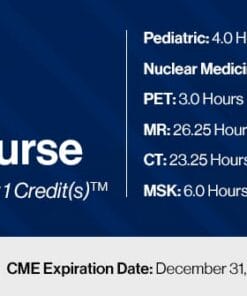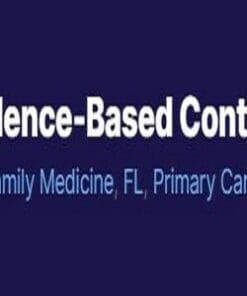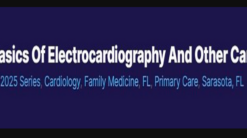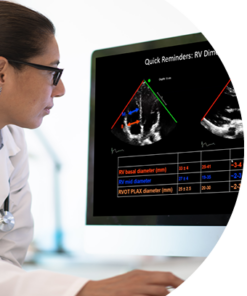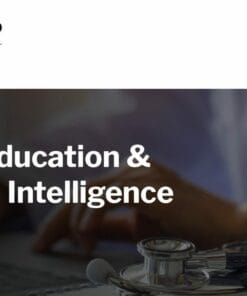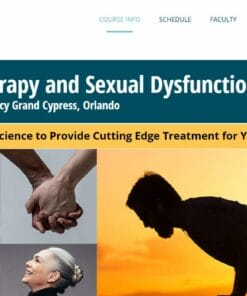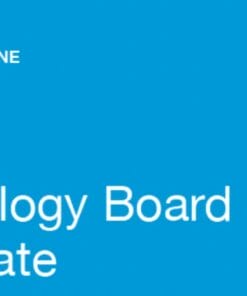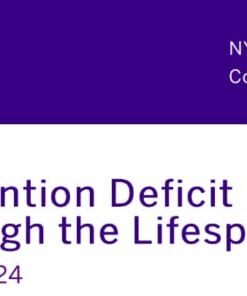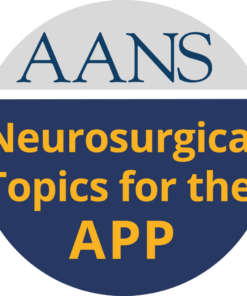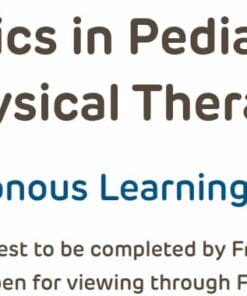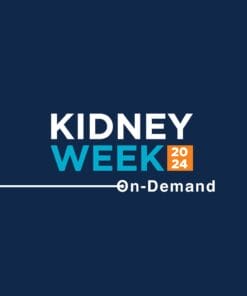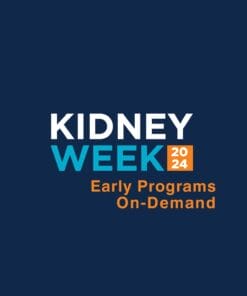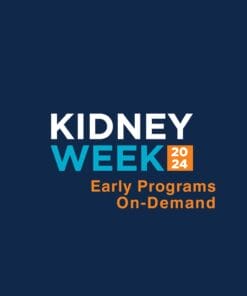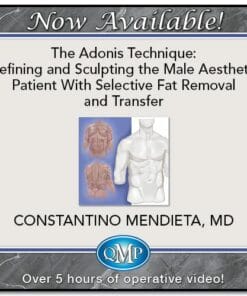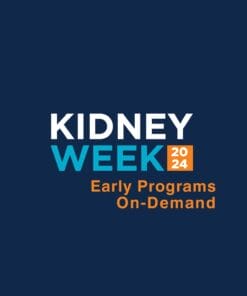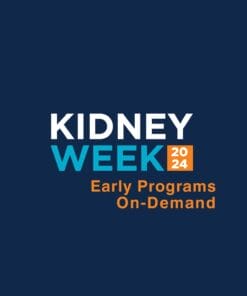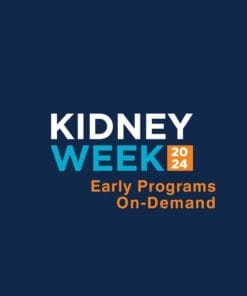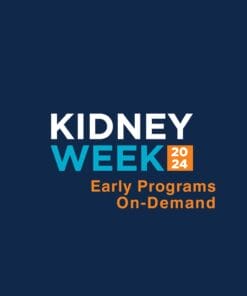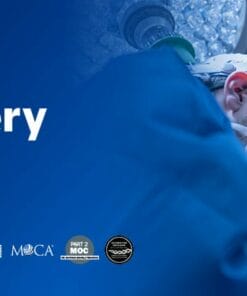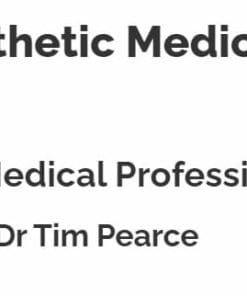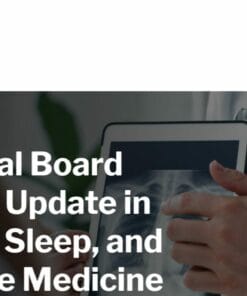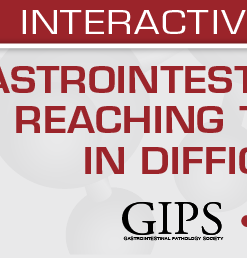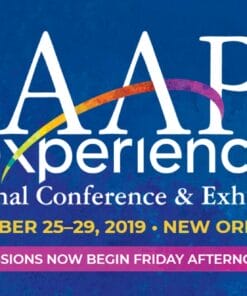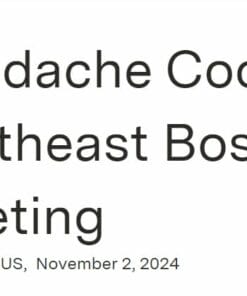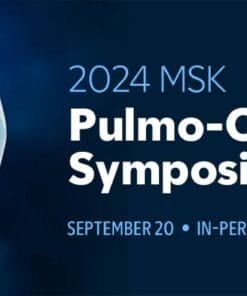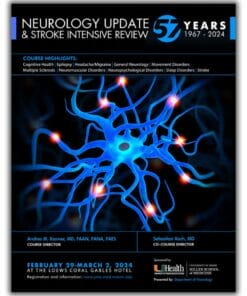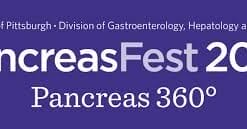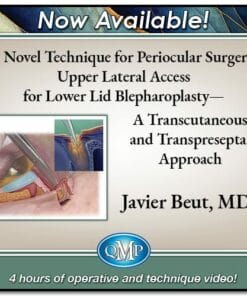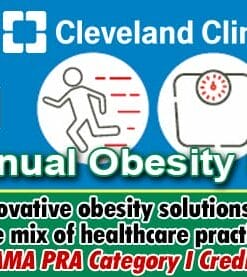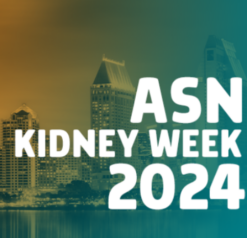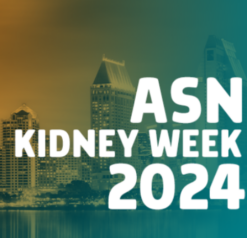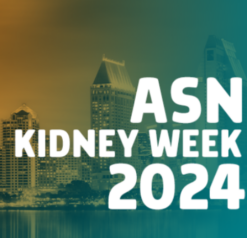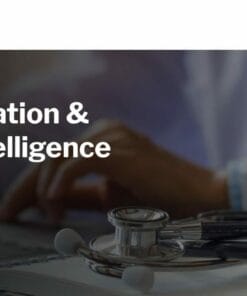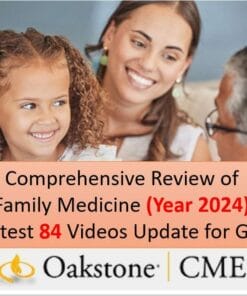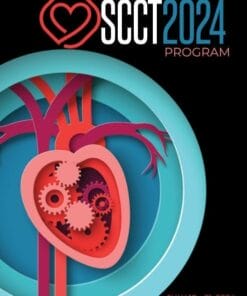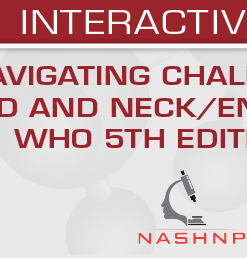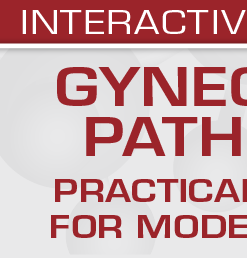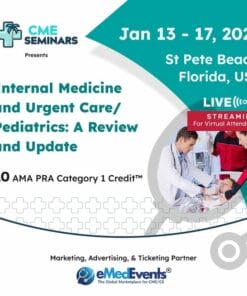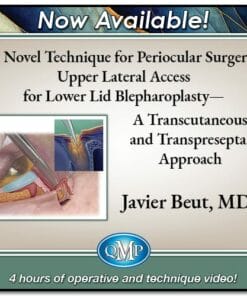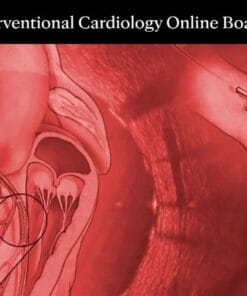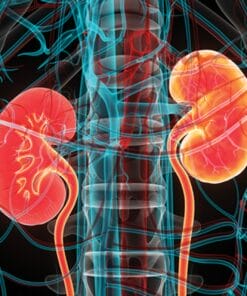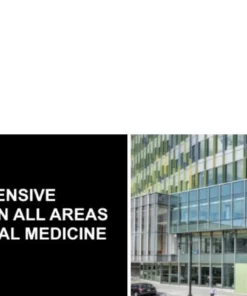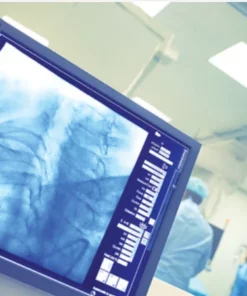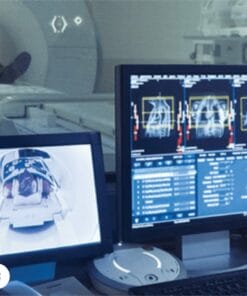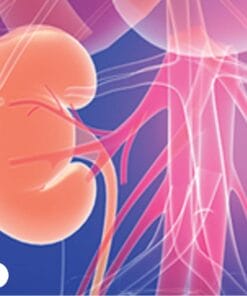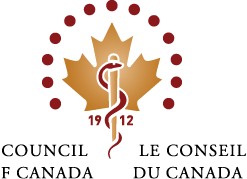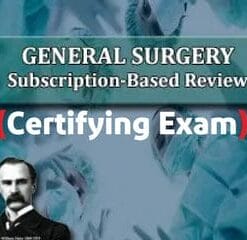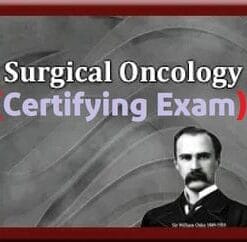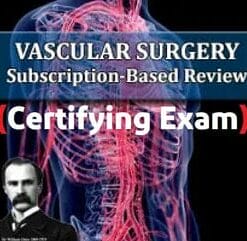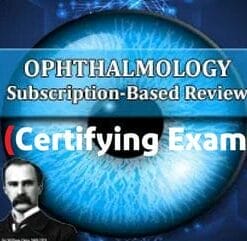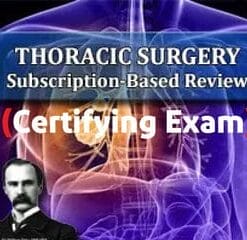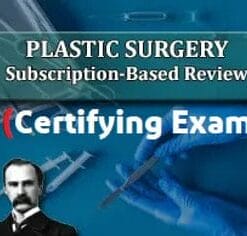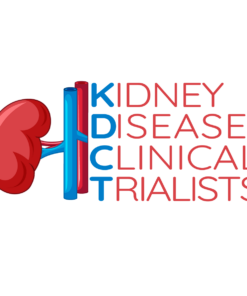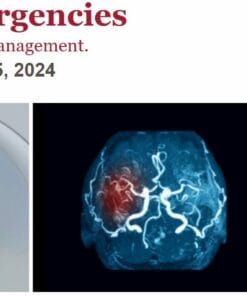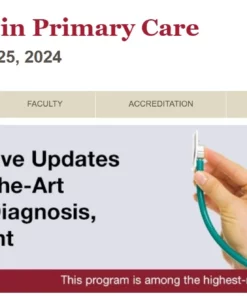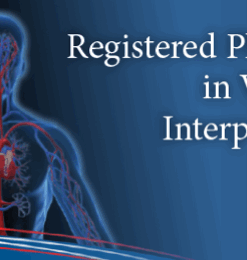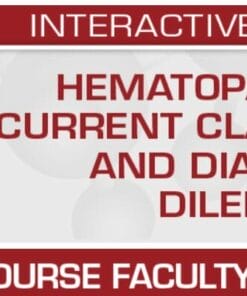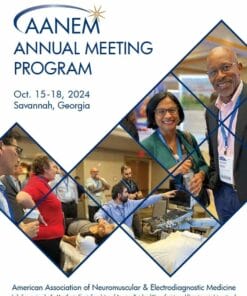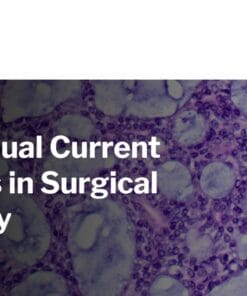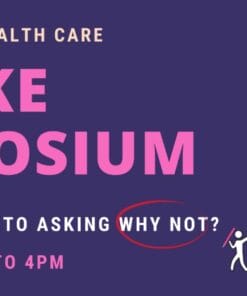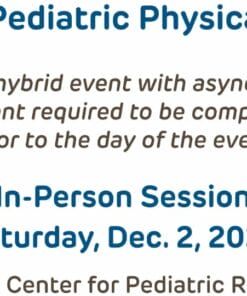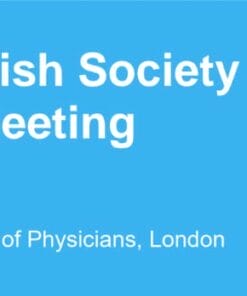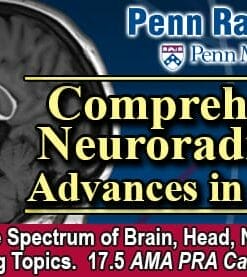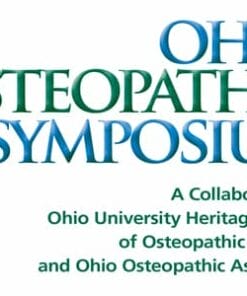Harvard The Herbert Benson, MD Course in Mind Body Medicine 2024
100 $
Delivery time: Maximum to 1 hours
Format : Video + PDF
The Herbert Benson, MD Course in Mind Body Medicine will be held on October 31–November 2, 2024. You have the option to attend either online as the course is live streamed or in person in Boston, MA. All sessions will be recorded and made available to all participants to view online, at your convenience, for 60 days following the course.
COURSE OVERVIEW
Mind body approaches such as meditation, yoga, tai chi, cognitive skills, lifestyle interventions and positive psychology now boast an impressive evidence base to support their ability to improve—and in some cases, prevent—stress-related illnesses, ranging from asthma to hypertension, functional bowel diseases and pain syndromes.
Whether you are a physician, nurse, psychologist, social worker or therapist, mind body techniques provide you with evidence-based interventions to enhance patient care and clinical outcomes.
The Herbert Benson, MD Course in Mind Body Medicine is a comprehensive education program where you learn how to incorporate these skills into your practice. It teaches:
- The latest data on stress, stress management, and resilience enhancement, and their impacts on patient health and treatment options
- The mind body approaches that form the foundation of modern self-care
- When, where, and how you can employ mind body approaches to enhance patient care
- Practical skills to guide your patients in the use of self-care techniques
In addition to clinical approaches and integrative models of care, this program provides:
- Education on genomics, transcriptomics, metabolomics, and how to leverage recent advances in the neuroimaging of contemplative states
- Opportunities for certification
HOW TO BEGIN OR ADVANCE YOUR USE OF MIND BODY MEDICINE
For those who are new to mind body medicine, this program provides comprehensive education to begin using integrated models of care within your practice. For those who have experience in these methods, this program provides updates and workshops to take your skills to the next level.
LEARNING OBJECTIVES
Upon completion of this course, participants will be able to:
- Define the body’s response to stress, known as allostasis and allostatic load, and the role it plays in the development or exacerbation of medical conditions
- Recognize how modifiable lifestyle behaviors synchronized to circadian rhythm builds resiliency
- Enrich patient-provider relationship to affect patient outcomes
- Develop skills in a variety of meditation methods that elicit the relaxation response
- Evaluate the epidemiology of provider burnout and its consequences
- Summarize up-to-date meditation-induced brain imaging changes
- Develop strategies to lower your risk of provider burnout
- Enhance functional expression of empathy to improve clinical performance and personal resiliency
- Apply mind-body interventions in the treatment of multiple disease symptomatology
- Assess the influence of gut health and diet on mood
- Improve your ability to motivate patients towards sustainable behavior change
- Deliver a more effective, integrative model of care
- Use newfound skills and tools to improve patient outcomes
- Identify modifiable risk factors for brain health
- Explain mind-body science of depression
- Acquire skill in state-of-the-art cognitive behavioral therapies applied to children, adolescents and young adults with a range of emotional and behavioral problems
- Identify the components of the Benson-Henry Care Model
- Support healthcare change designed to reduce the prevalence of non-communicable diseases
- Define the underlying influences of happiness
- Formulate a more integrative model of patient care
- Experience a variety of healing modalities
- Review novel behavioral health interventions designed to influence brain health
- Interpret the signs of cognitive decline and depression as a guide towards prevention
Related Products
Video Medical
Emergency Medicine: Evidence-Based Content, Practical Applications 2024 (Videos + Audios)
Video Medical
NYU Langone Health Update on Attention Deficit Hyperactivity Disorder Through the Lifespan 2024
Video Medical
Harvard 9th Annual Board Review and Update in Pulmonary and Critical Care Medicine 2024
Video Medical
Nationwide Children Pediatric Gastroenterology Conference for Primary Care Clinicians 2024
Video Medical
MENA Conference 10th Abu Dhabi International Conference in Dermatology & Aesthetics 2024
Video Medical
Obstetric Anaesthetists Association Joint OAA and UK Maternal Cardiology Society Meeting 2024
Video Medical
Internal Medicine and Urgent Care-Pediatrics: A Review and Update 2025 (Videos + Syllabus)
Video Medical
Obstetric Anaesthetists Association Joint OAA and British Society for Haematology Meeting 2023








